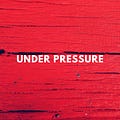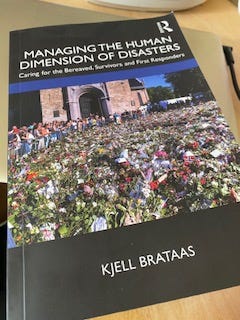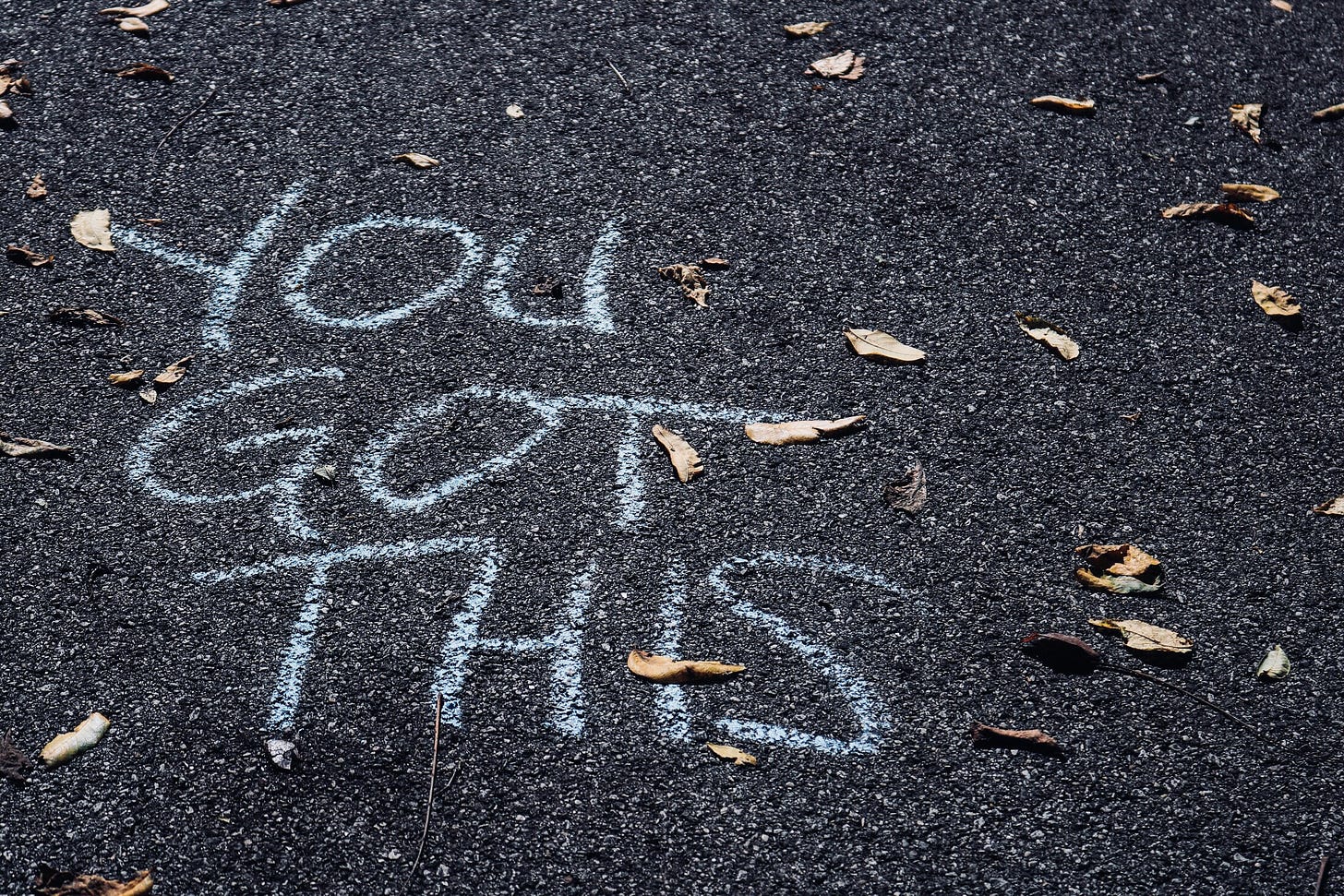Putting the human into the response
The disaster in Miami last week has been a sharp reminder about the importance of focusing on the people caught up in the crisis. With around 150 people still unaccounted for and as I write this nine confirmed dead, there a huge number of families who are searching, waiting and hoping for news.
It is exactly these disasters that are considered in a recently published book I am reading. Norwegian Kjell Brataas’ book ‘Managing the human dimension of disasters’ is a fascinating and informative look at the way the response and communication should be managed. I will be writing a full review of the book and interviewing Kjell in a future blog post.
I spend a lot of time urging people to reconsider their crisis plans and approach to communication to ensure that the focus is on the human impact, helping those affected and putting support in place. The terrible situation in Miami is testing those responding but that intense pressure just makes focusing on the people even more critical.
And what it means according to Kjell quoting Chaplain Brent Wright is to “help human beings be human together in awful circumstances.” We all need to be better prepared for the human aspects of crises, emergencies and disasters.
Building resilience
As the Covid-19 pandemic looks set to continue for some time, more and more PR and communication professionals are finding their resilience depleted. In the UK there are extensions to the restrictions that have been in place and new variants are raising concerns.
Being able to build resilience both personally and professionally are critical to our lives. But what can we do and what advice do people have? I am currently working on a report about resilience post crisis and am keen to get any views from communicators. Please consider filling in this questionnaire to help the review I am doing. Click here.
If you have a personal story to share about rebuilding resilience get in touch by emailing me at amanda@amandacolemancomms.co.uk . And if you are looking for some immediate help take a look at the webinar I did with expert Emma Ewing earlier this year. View the resilience webinar here.
Legal v Comms?
The Chartered Management Institute (CMI) recently shared an interesting article by Dr Tony Jacques looking at the importance of balancing the legal and the communication advice that is being given. Most importantly it emphasises the critical requirement for organisations to have learnt, debriefed, revised and have in place a crisis management plan and crisis communication plan. You can read it here.
Broadening horizons
The World Health Organisation is working with Viamo a social enterprise to look at the ways audiences can be reached using technology. The focus is on communities that are difficult to connect with. Find out more here.
In Brief
The World Health Organisation has released some guidance on how to reduce the number of suicides. Figures for 2019 show one in every 100 deaths is by suicide. Details can be found here.
Following the departure of the UK Health Secretary Matt Hancock and the comments by the Prime Minister before the resignation. I have written a blog about when and how you can say ‘the matter is closed’. Read more here.
Scotland based Carol Sutherland received a copy of my book Crisis Communication Strategies as she became the 200th subscriber to this newsletter. Congratulations Carol and I look forward to your feedback.
Steven Bartlett, founder of Social Chain, shared a fascinating podcast with Mary Portas focusing on becoming yourself. It is well worth listening to. Find out more here.
Finally, the end of the month is upon us so watch out on my social media channels for the July crisis communication case study the latest in my Testing Times series. This time it will be discussing the most problematic phase of a crisis - the recovery.



